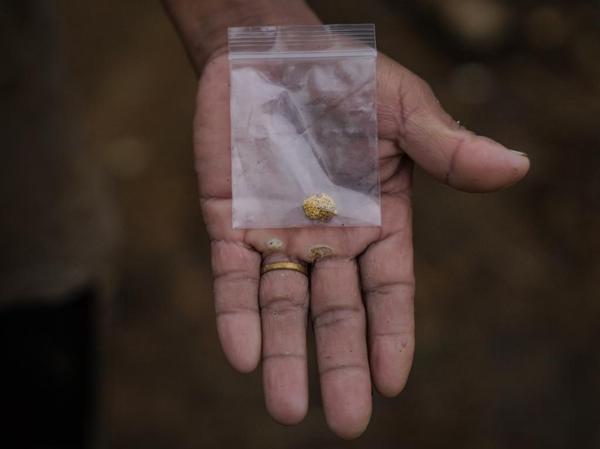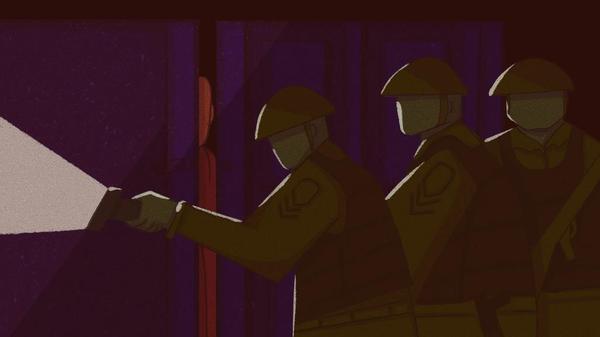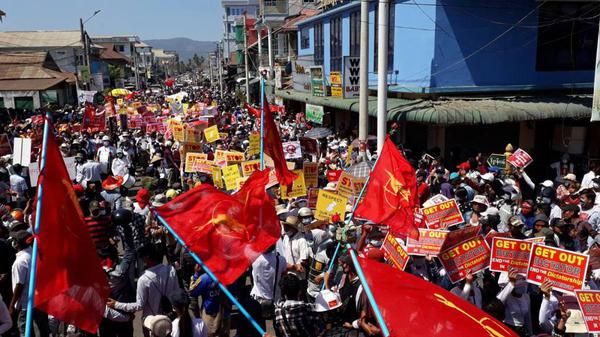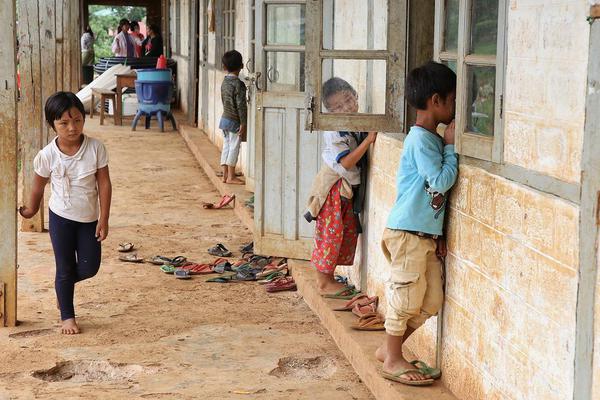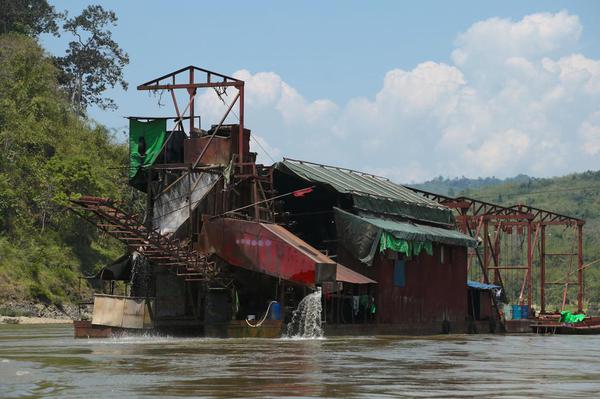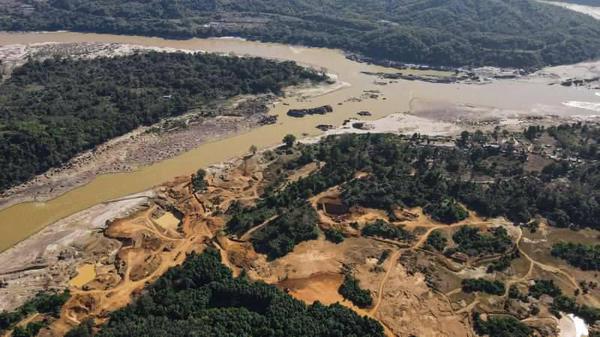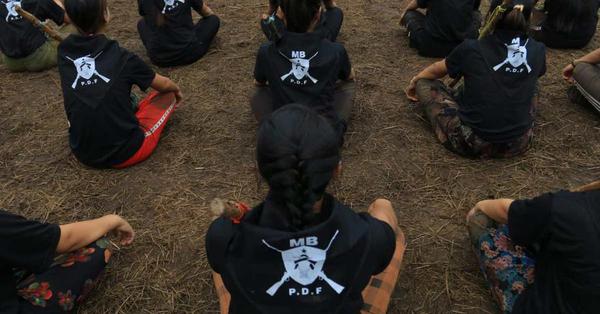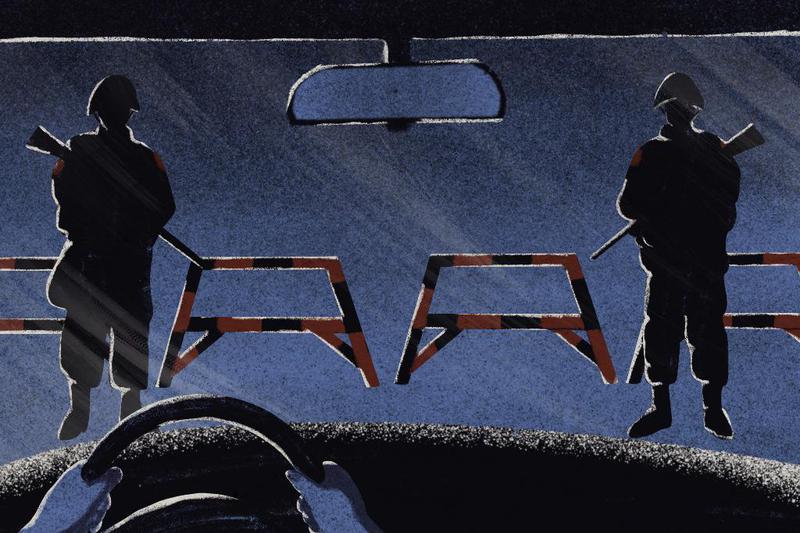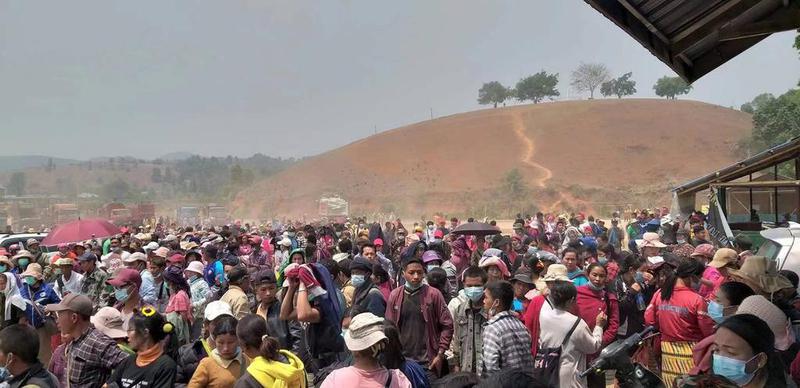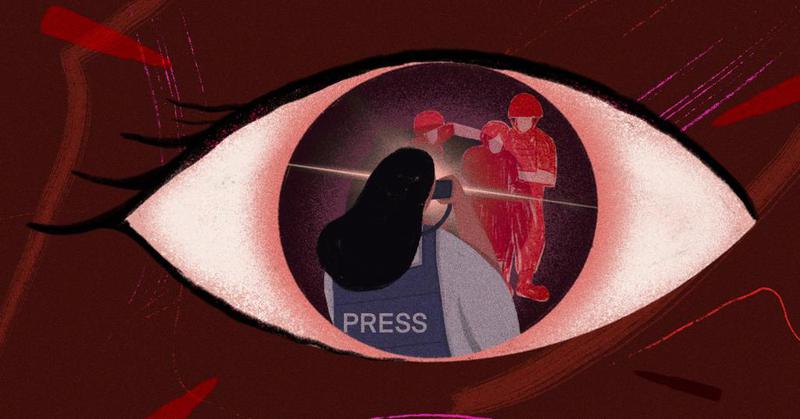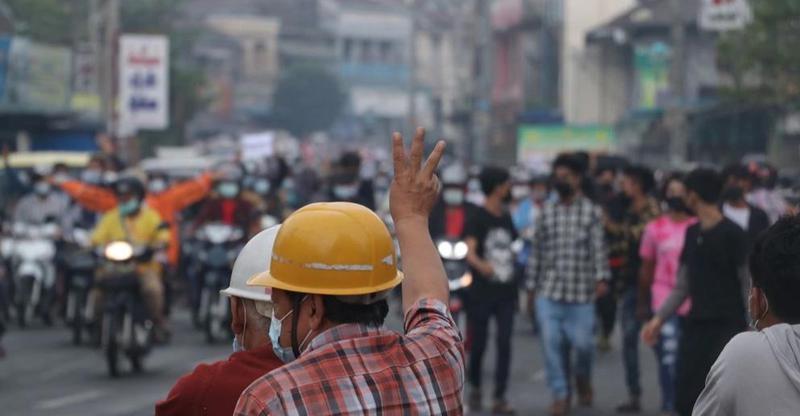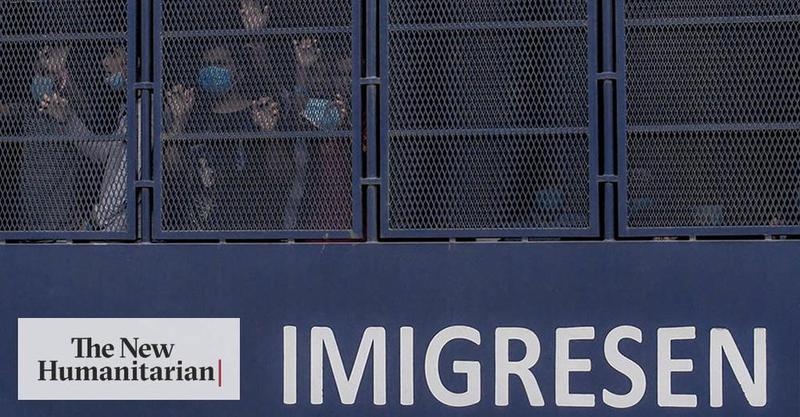
How to Survive a Coup — The Dial
When the military seized power from Myanmar’s elected civilian government in February 2021, the coup sparked an unprecedented human rights and economic crisis. Within weeks, millions of people had joined nonviolent protests and hundreds of thousands had gone on strike, joining a civil disobedience movement that quickly decimated military-administered systems across the country. By April 2021, the military had shot hundreds of protesters dead, driving young people across the country to take up ar






